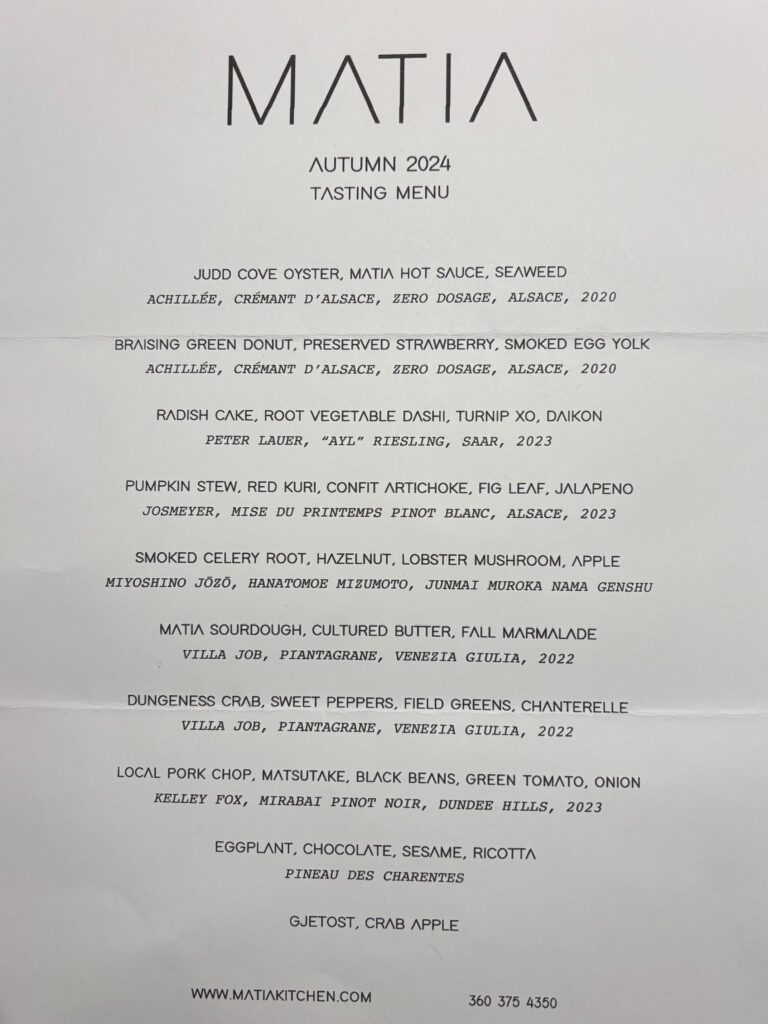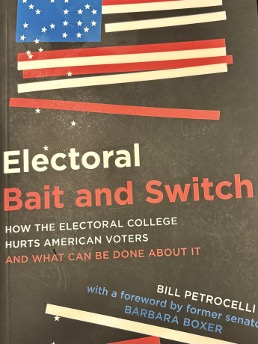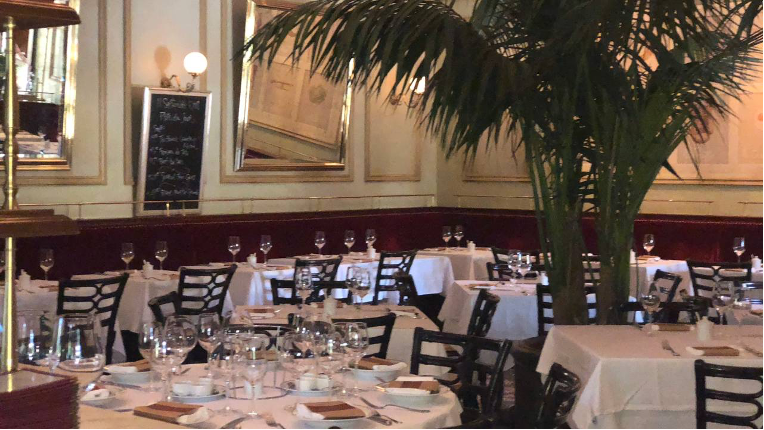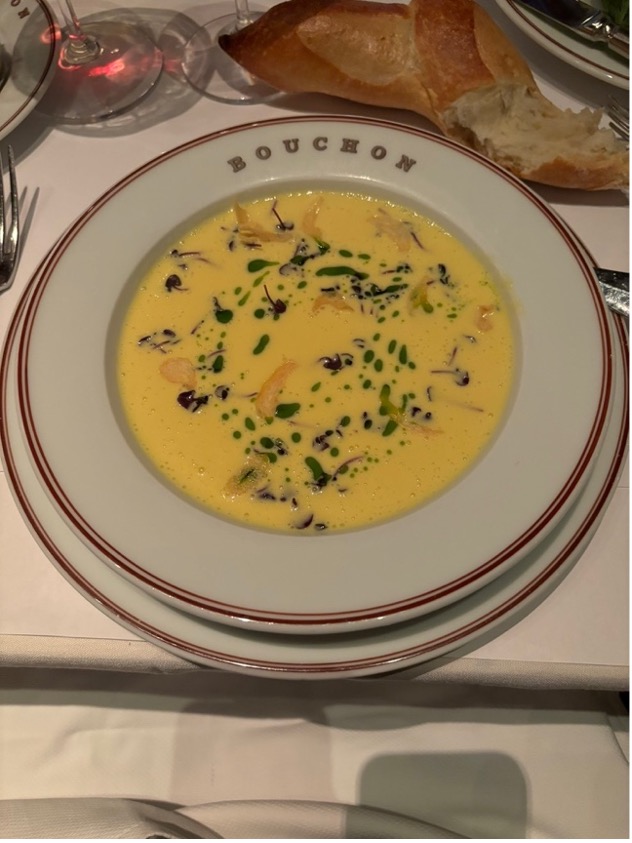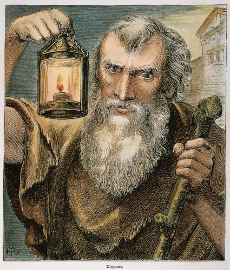It will be interesting to see if anyone still visits Jack Bernard’s Travels. It’s effectively been on pause since the fall of 2023 when I went back to school for a low residency two year novel writing program at Stanford. No novel yet, but last week I finished the last required course which means I now have more time and flexibility to write here.
I’ve missed writing the JBT blog and commenting on things that matter to me—art, film, food, books, travel (and occasionally politics)—and I’ve missed hearing back from you about what you like or don’t like. I haven’t been totally absent–in 2023 I posted twelve essays and last year I wrote two restaurant reviews, a critique of Boeing’s engineering failures, and three essays on why I couldn’t support Biden (before he pulled the plug). Nevertheless, JBT has been off more than on.
***
So today, when I looked at this blank page, I didn’t know where to start. The world has changed so much in the last year and half…and so have I. So much turmoil. War. Autocracy. Climate disasters. Political chaos. The world is changing at warp speed. It’s inconceivable. So much to think about. So much to write about. It hasn’t been an easy time.
But there have been good things too. I’ve seen so many good films, read so many good books, seen so much good art, listened to so much good music – but I’ve also lost too many good friends. But, before I write about anything else I need to address the elephant in the White House.
I don’t plan to go “full monty” and only comment on politics, but I am concerned about what’s happening. And though I’m more interested in the arts, film, books, sports and food than I am in the day to day drama created by a vengeful, tantrum prone 78 year old infant I can’t ignore it. In the interest of brevity, I’ll limit myself and focus on the list of “only the best people” now populating the people’s house, You judge for yourselves. Here’s the lineup as of March 29, 2025:
- A felonious sexual predator, pathological liar, racist, grifter, draft dodger and failed businessman
- A heavily tattooed sexual predator and Fox News host with an alcohol problem who rose all the way to Captain in the National Guard (the same rank I achieved in the Marine Corps) without getting reprimanded
- A pneumatically augmented canine assassin who looks like a sex toy and chose a tight white T-shirt and jeans for a prison visit in El Salvador
- A tech illiterate who fecklessly called a strike group meeting on an insecure platform where minute by minute attack plans were posted and shared with a journalist mistakenly invited to join the call
- A creepy anti-vaccine advocate with a worm in his brain and known to carry dead animals in his car
- A World Wrestling impresario’s wife
- A Fox host-looking blond with a law degree and questionable integrity
- A Fox News host/reality TV star with nine children who, as FAA boss, “hopes they can travel safely.”
- A military veteran who spouts RT propaganda and won’t say she thinks Edward Snowden is a traitor
- An NFL veteran and motivational speaker with no experience in housing and urban development
- A woman who grew up on a farm now in charge of US Agriculture
- An oil and gas CEO who thinks “renewables are Soviet-style communism.”
And then there’s the South African born, chainsaw brandishing, three passport holding, proto-Nazi with Asperger’s syndrome and enough money to buy the US government thanks to the Supreme’s Citizens United decision.



From Chaplin to Sellers to Musk
From Hitler to Strangelove to Musk
From farce to dark comedy to fascism
***
Now, on a more positive note, I hope you’ll go back to the top and enjoy the view of Mt. Baker from Brackett’s Landing in Edmonds where I walk every morning. It’s quiet, peaceful and calming. Far from the “the best people.”












